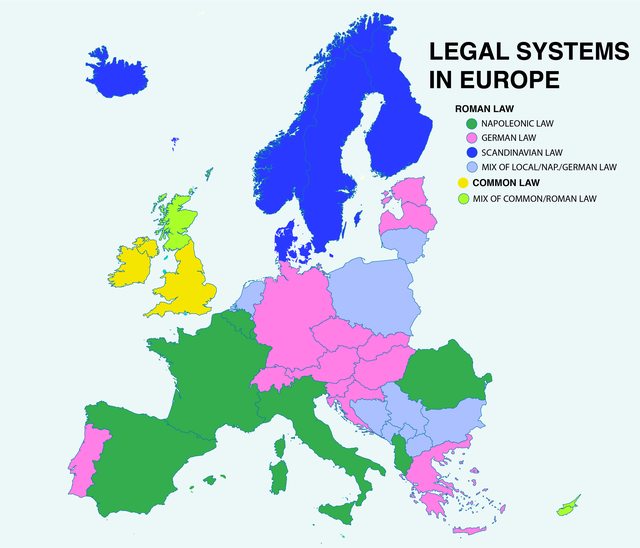Sirona
Hindu Wannabe
I confess, I have a dirty secret. Sometimes I watch Catholic TV. At the moment there seems to be some kind of "world family meeting" in Catholistan. I zapped into an interview program with an English-speaking guest who claimed that the law of free speech was so fuzzy that it was impossible to tell where the line was between what was "allowed" and what was not.
Well, at least for German law, that's not true. German law is haunted by the ghosts of Nazism, and so, simply put, anything that resembles or could resemble Nazi methods is impermissible. There is also a quote from Immanuel Kant that says that man exists for his own sake and must not be a means to an end. In fact, German law is under the supreme commandment of protecting human dignity, and so it is actually obvious, at least to me, that statements that deny dignity to others are inadmissible.
I have attended an introductory course in common law, and so it is clear to me that the principle of human dignity is not as explicitly enshrined in all legal systems as it is in the German one. In my subjective view, common law places more emphasis on the egoistic "freedom" of the individual (to express themselves) than on a supreme common value. But frankly, I don't remember much about it except that you can't falsely shout "fire" in a crowded theater.
I might have argued that conscience or "Christianity" might give one a sense of compassion, but from what I've overheard in the media and (especially) from Christian denominations brought in from overseas, the "definitions" of "what is Christian" in Europe and the U.S. don't seem to be exactly congruent either.
So enlighten me, where exactly is the line between "allowed" and "forbidden" in free speech especially in common law systems?
Well, at least for German law, that's not true. German law is haunted by the ghosts of Nazism, and so, simply put, anything that resembles or could resemble Nazi methods is impermissible. There is also a quote from Immanuel Kant that says that man exists for his own sake and must not be a means to an end. In fact, German law is under the supreme commandment of protecting human dignity, and so it is actually obvious, at least to me, that statements that deny dignity to others are inadmissible.
I have attended an introductory course in common law, and so it is clear to me that the principle of human dignity is not as explicitly enshrined in all legal systems as it is in the German one. In my subjective view, common law places more emphasis on the egoistic "freedom" of the individual (to express themselves) than on a supreme common value. But frankly, I don't remember much about it except that you can't falsely shout "fire" in a crowded theater.
I might have argued that conscience or "Christianity" might give one a sense of compassion, but from what I've overheard in the media and (especially) from Christian denominations brought in from overseas, the "definitions" of "what is Christian" in Europe and the U.S. don't seem to be exactly congruent either.
So enlighten me, where exactly is the line between "allowed" and "forbidden" in free speech especially in common law systems?


